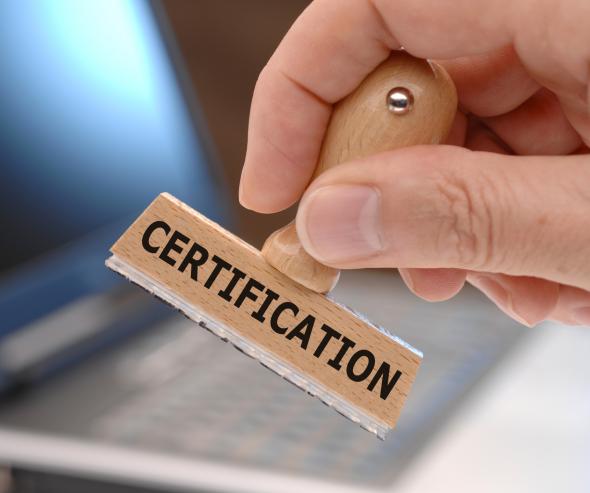21 January 2014: Standardisation/certification

Do standardisation and certification processes have a positive effect on competition?
As processes of product and services standardisation and certification have proliferated in recent years, the Autorité de la concurrence has decided to issue an opinion at its own initiative to scrutinise how they function and impact competition.
While these processes might have a beneficial impact on competition by allowing consumers to compare products and services more easily, for example, it cannot be excluded that they may sometimes act as barriers to market entry, thus hindering innovation as well as the development of new market players, and contributing to rigidities in certain sectors and cost increases.
The standard, a reference for all economic sectors
Standardisation consists in producing reference documents in a consensual manner that involves all the stakeholders of a given sector. These documents pertain to industry standards and technical characteristics, and encompass recommendations and examples of good practices regarding the production of goods, the provision of services, the development of methods or the operation of organisations.
Standards such as NF, CE or ISE are among the most known to the general public. These standards aim at guaranteeing that consumers will be receiving safe, reliable and good quality products and services. For instance, the NF standard can be applied to consumer products (electrical sockets, refrigerators, taps, etc.) or services (tourist offices or passenger transport, for the quality of their services, etc.).
In France, AFNOR, an association recognised by public authorities, defines these official standards in collaboration with the Standardisation offices approved by the Ministry of Industry. AFNOR is also involved in the development of European and international standards.
Certification, a guarantee of quality for customers and users
After having found that an organisation, a process, a service or a product is compliant with the requirements of a standard, certifying bodies issue a certificate that allows companies to use this standard. In France, AFNOR is one of the certifying bodies via its subsidiary AFNOR-Certification. Other certifying bodies include Bureau Veritas, Moody certification, Certis...
Can standardisation and certification restrict competition?
It seems that standardisation may benefit competition by allowing companies’ clients or customers to compare and choose among products and services offered on a market more easily, while working as a guarantee of quality levels. However, a number of questions emerge: to what extent could a norm act as a barrier to entry for new competitors? Could the standards development process lead to concerted practices between competitors?
Therefore, the Autorité will assess the development process of standards: how do AFNOR and Standardisation offices develop standards? What degree of transparency is necessary? Could standardisation and certification processes be used for anticompetitive purposes? Does the access to the standardisation process take place under fair, reasonable and non-discriminatory conditions?
The opinion will also look into the activity of certification which is open to competition since 2009.
After having carried out its analysis, the Autorité will issue an opinion that may be accompanied by recommendations.
Press contact: Anne-Elisabeth Akrasi / Tel.: +33 1 55 04 01 46 Email
